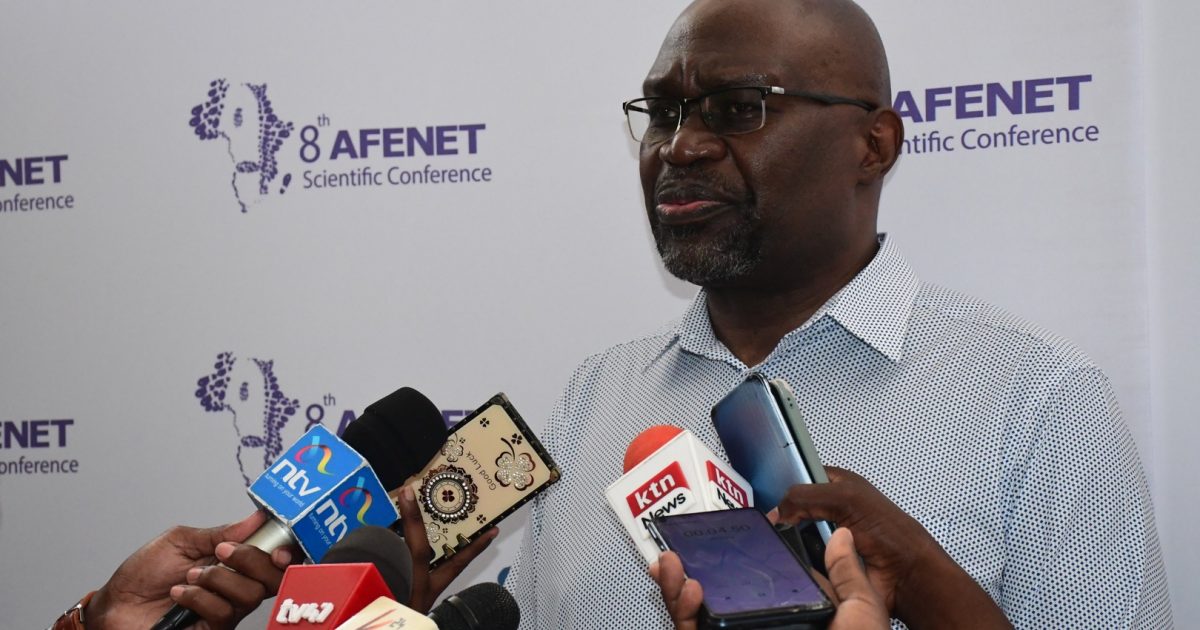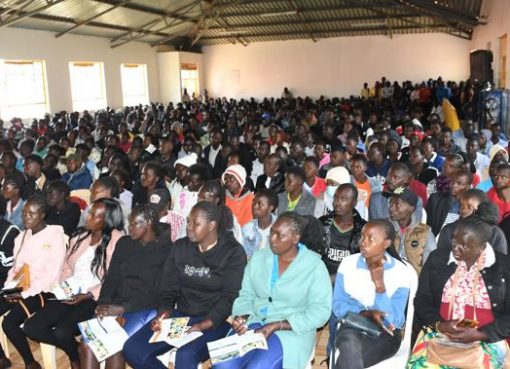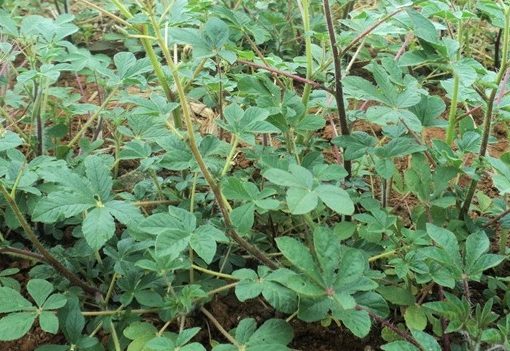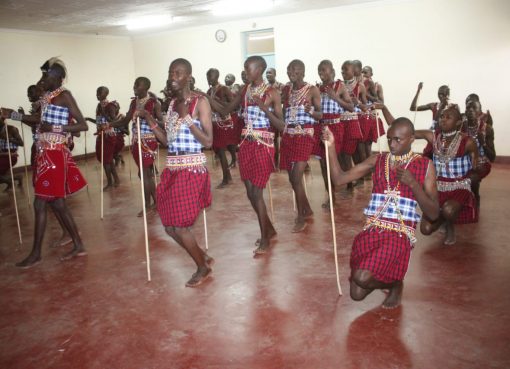The African Field Epidemiology Network (AFENET) in collaboration with the Kenya Field Epidemiology and Laboratory Training Program has stressed the importance of local manufacturing of medical supplies that will ensure readiness in stockpiles in case of pandemics.
Speaking during a scientific conference titled “Strengthening Public Health Systems in Africa towards Enhanced Global Health Security: The Role of Field Epidemiology and Laboratory Training Program, Dr. Sultani Matendechero Deputy Director General Ministry of Health, Kenya, said that as a region, there is need to look for medical countermeasures so that countries can respond to pandemics or other public health emergencies.
Matendechero said AFENET is investing in regional logistics hubs for several countries; adding that they are also encouraging countries to build co-capacities where they can have investments going into readiness stockpiles that will enable them to respond in case of medical emergencies.
These include; vaccines, medicine, test kits, and other products like oxygen and even medical equipment.
He said they are also looking at being able to produce more affordable countermeasures in the future so that they take advantage of the economies of scale to be able to produce sufficient stocks of vaccines and other products when needed, not just for pandemics alone but also for other public health issues.
“This is in line with one of the main pillars of the Africa Centers for Disease Control (CDC), one of the strategies in there is local manufacturing. We want to ramp up our regional capacities for local manufacturing. And this one is inspired by some of the experiences we had during the Covid-19 pandemic as we were not able to access vaccines on time as a region since there was some kind of vaccine nationalism,” he said.
He noted that to be able to address the gaps, AFENET is looking at strategies to produce vaccines locally and cheaply at the regional level and the country level.
Matendechero said in Kenya, the Universal Health Coverage (UHC) program is about health products and technologies that the government wants to align with the regional objective of local manufacturing.
He said at the same time the emerging issues like the impact of climate change on health are much more profound than it was ever imagined.
He noted that there is a need to improve surveillance for diseases and research and data management so that they can use science to be able to get information in terms of planning and decision-making.
On his part, Board Chair AFENET Professor Earnest Kenu said that the professionals do a lot of capacity building to identify the medical challenges caused by disease detection and also respond promptly.
“All the over 40 member countries have the technical know-how, at the conference we will showcase their work since we want to be sure that the good work AFENET is doing is shared with the international community,” he said.
He said as AFENET, they are into disease surveillance, outbreak detection, and response. In addition to being at the forefront, he added that the organization supports member states in handling outbreaks.
By Chari Suche





